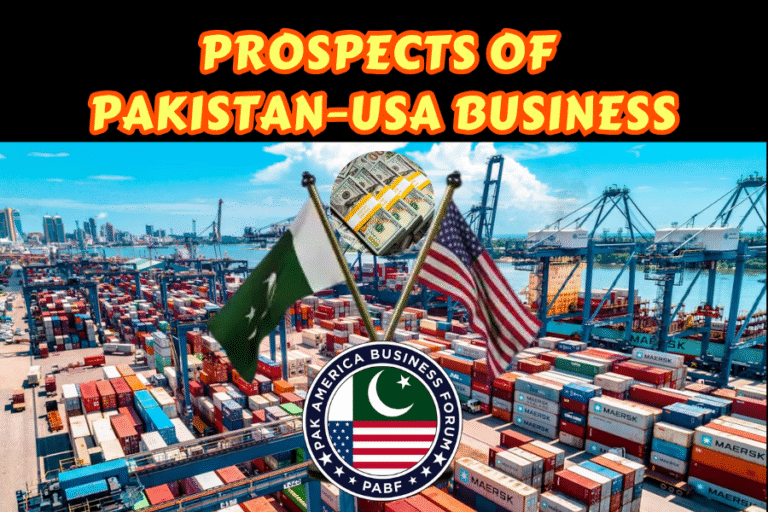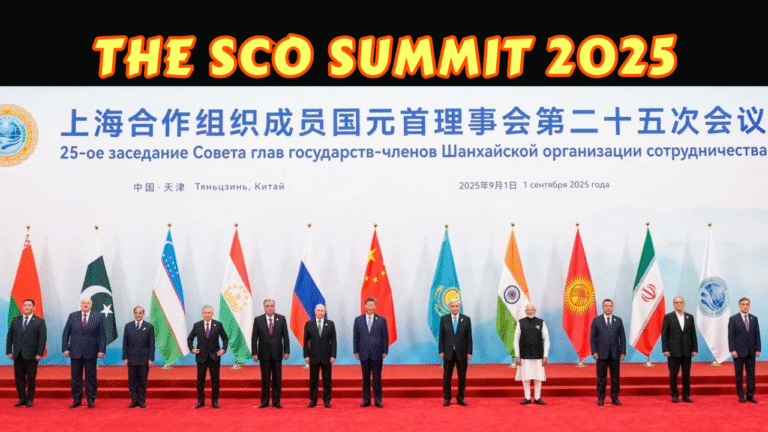(By Khalid Masood)
While India celebrates its Tatas and Ambanis, and the world lauds Musk and Gates, Pakistan reveres Syed Babar Ali, a luminary whose legacy eclipses mere wealth. Unlike global tycoons amassing fortunes, he crafted institutions and industries that bolstered Pakistan’s self-reliance. For instance, Lahore University of Management Sciences (LUMS), Packages Limited, and Tetra Pak Pakistan stand as testaments to his vision. Born in 1926, this industrialist, educationist, and philanthropist reshaped Pakistan with integrity and foresight. Moreover, his environmental advocacy through WWF and philanthropy via the Babar Ali Foundation reflect a commitment to generational impact. In contrast to the fleeting fame of viral moguls, Babar Ali’s quiet contributions inspire enduring progress. This article explores his transformative journey, urging Pakistan’s youth to embrace his model of service over spectacle.
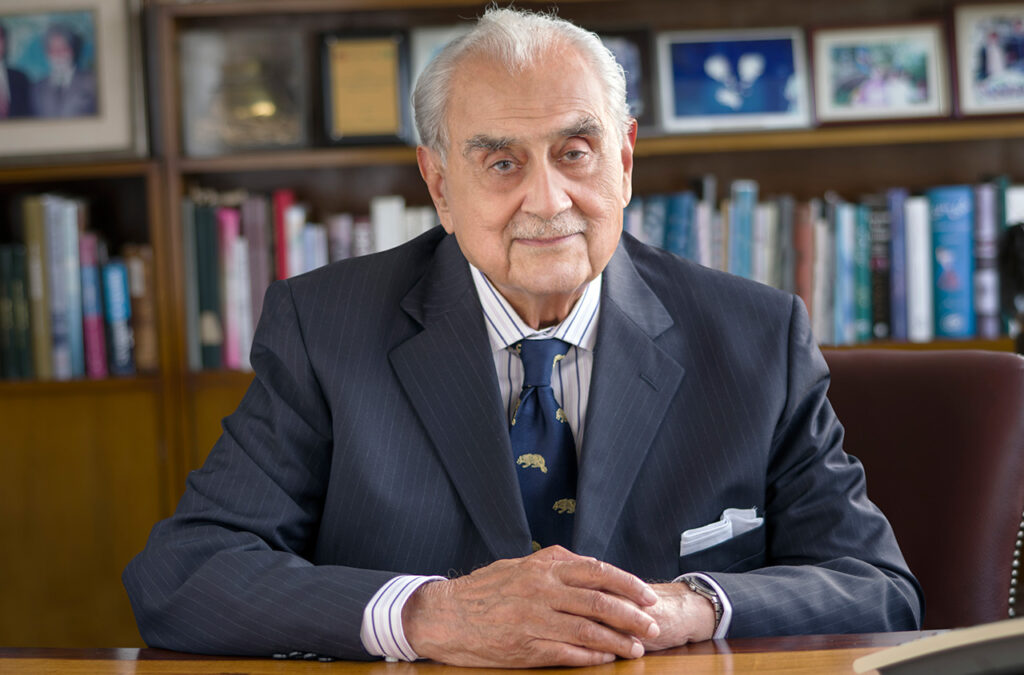
EARLY LIFE OF SYED BABAR ALI
Syed Babar Ali, born on 30 June 1926 in Lahore, grew up in a prominent business family. His father, Syed Maratib Hussain, thrived as a contractor for the British Indian Army. Meanwhile, his mother, with Afghan royal ties, nurtured cultural values. Educated at Aitchison College and Government College Lahore, Babar Ali later attended the University of Michigan and Harvard Business School. His childhood friend, Harcharan Singh Brar, later Chief Minister of Indian Punjab, fostered early cross-border bonds. Returning post-1947 partition, he joined the family’s cotton export business. Consequently, his global education and diverse connections shaped his ambition to modernise Pakistan, setting the stage for his extraordinary contributions to industry and education.
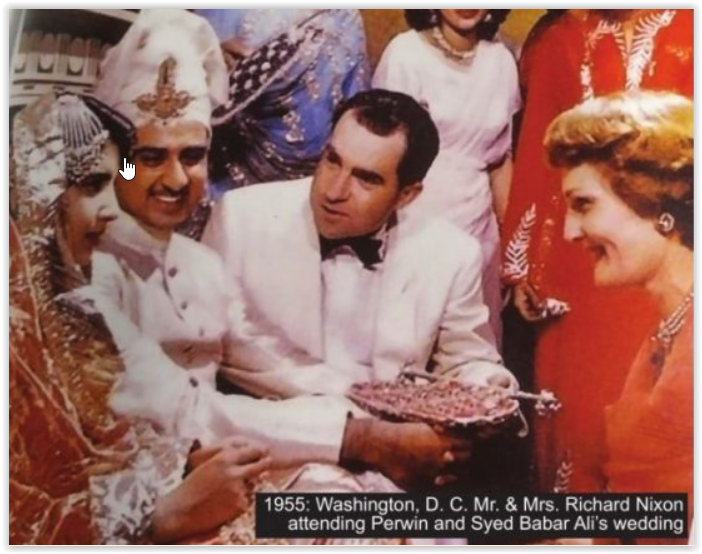
INDUSTRIAL PIONEER: FORGING NEW PATHS
In 1956, Babar Ali established Packages Limited, addressing Pakistan’s packaging gap after noticing export challenges. Collaborating with Sweden’s Akerlund & Rausing, he introduced cutting-edge technologies, later incorporating Tetra Pak into Pakistan’s market. Subsequently, partnerships with Nestlé (Milkpak Limited), Coca-Cola, and Unilever created jobs and elevated standards. Despite losing five companies to nationalisation in the 1970s, his resilience endured. For example, he chaired the National Fertilizer Corporation from 1973 to 1976 without pay, prioritizing national interest. Today, leading Sanofi-Aventis, Siemens Pakistan, and Coca-Cola Beverages, Babar Ali’s legacy of innovation continues. Unlike profit-driven tycoons, his focus on value chains underscores Pakistan’s industrial growth.
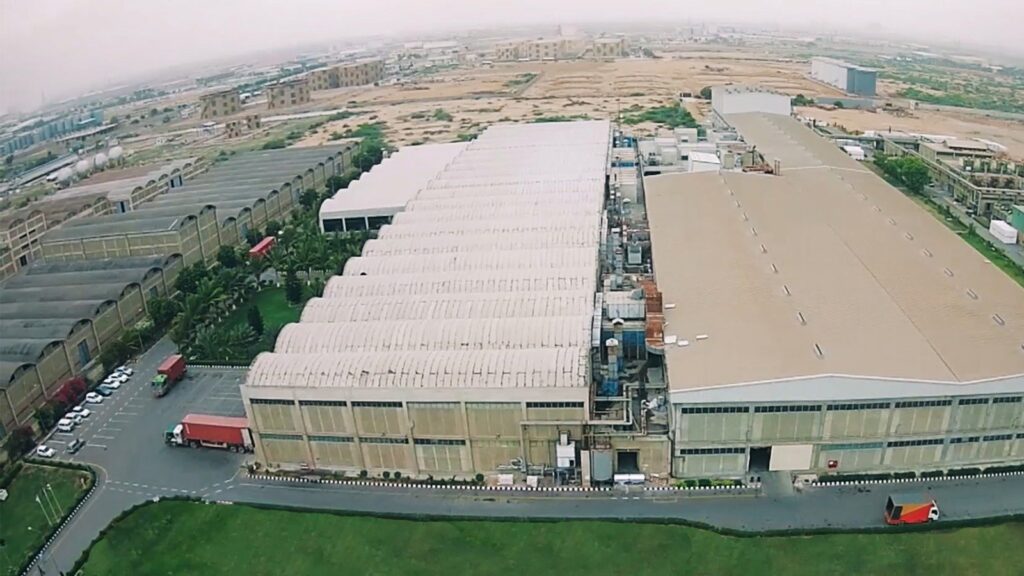
TRANSFORMING EDUCATION: THE LUMS LEGACY
Realising Pakistan’s need for skilled leaders, Babar Ali founded LUMS in 1984, inspired by Harvard’s case method. Without government aid, he secured U.S. funding during the 1980s, expanding LUMS into a hub of excellence. Schools of business, law, engineering, and liberal arts, including the Syed Babar Ali School of Science and Engineering, reflect his vision. Additionally, the National Outreach Programme offers scholarships, empowering underprivileged talent. The Ali Institute of Education, established in 1992, trains teachers, strengthening Pakistan’s educational core. In contrast to wealth-focused moguls, Babar Ali’s emphasis on merit and inclusion fosters a progressive Pakistan, nurturing future leaders.
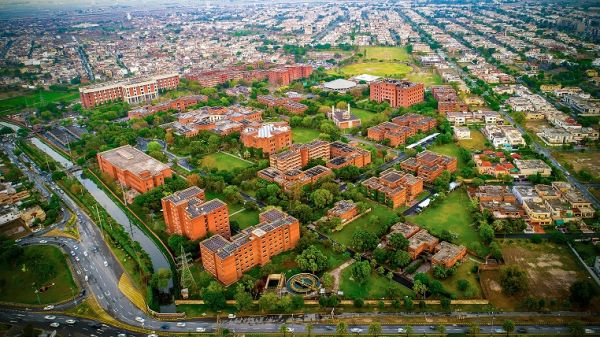
PHILANTHROPY: UPLIFTING COMMUNITIES
Through the Babar Ali Foundation, launched in 1985, he channels roughly one million dollars annually into education and healthcare. Initiatives support Shalamar Hospital, Layton Rehmatullah Benevolent Trust, and teacher training. As a board member of Aitchison College, Kinnaird College, and Lahore School of Economics, he champions equitable access. Furthermore, his roles in the South Asia Centre for Policy Studies and Harvard’s South Asia Initiative amplify global impact. Unlike tycoons whose philanthropy follows profit, Babar Ali’s giving is integral to his mission. His quiet generosity, supporting Pakistan’s underprivileged, outshines the ostentatious charity of global elites.
ENVIRONMENTAL ADVOCACY: A GLOBAL STEWARD
A dedicated environmentalist, Babar Ali served WWF from 1972 to 1996, becoming International President from 1996 to 1999. As Vice President Emeritus of WWF International and President Emeritus of WWF-Pakistan, he tackled deforestation and sustainability. Speaking at the Lahore Chamber of Commerce in 2024, he urged action on population control and forest conservation, citing Sweden’s model. His Lahore rose garden, inspired by Scandinavian landscapes, reflects his love for nature. In contrast to industrialists exploiting resources, Babar Ali’s advocacy promotes long-term ecological balance, aligning with his vision for Pakistan’s sustainable future.
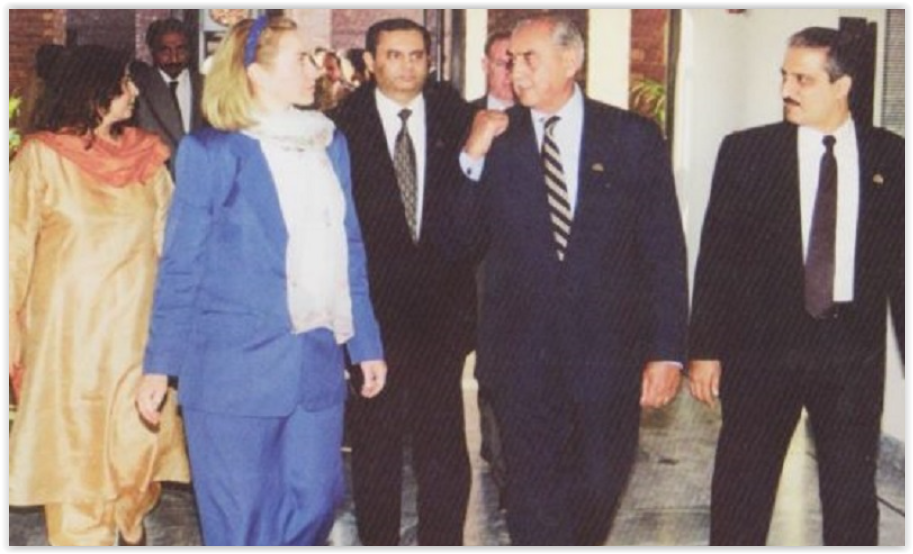
PUBLIC SERVICE: LEADERSHIP WITH INTEGRITY
In 1993, Babar Ali served as Pakistan’s caretaker Minister of Finance, Economic Affairs, and Planning, earning respect for his non-partisan approach. Earlier, he co-founded the Lahore Stock Exchange in 1970 and served on the State Bank of Pakistan and Pakistan International Airlines boards. His international honours include an OBE from Britain (1997), an Honorary Doctorate from McGill University (1997), and induction into the American Academy of Arts and Sciences (2022). Unlike corporate giants focused on personal gain, Babar Ali’s public service reflects a commitment to Pakistan’s economic and social progress, inspiring ethical leadership.
FAMILY AND MENTORS: SHAPING A LEGEND
Babar Ali’s brothers, Syed Wajid and Amjad Ali, guided his early business ventures, exposing him to high-stakes meetings. His 1955 marriage to Parveen Ali in Washington, D.C., attended by then-Vice President Richard Nixon, gained global attention. Swedish industrialist Ruben Rausing, his mentor, inspired his joint-venture model, fostering innovation. Moreover, his ancestral ties to Maharaja Ranjit Singh’s court enriched his cultural perspective. Unlike tycoons driven by ego, Babar Ali’s humility and mentorship shaped a collaborative ethos, embedding his family’s legacy in Pakistan’s progress.
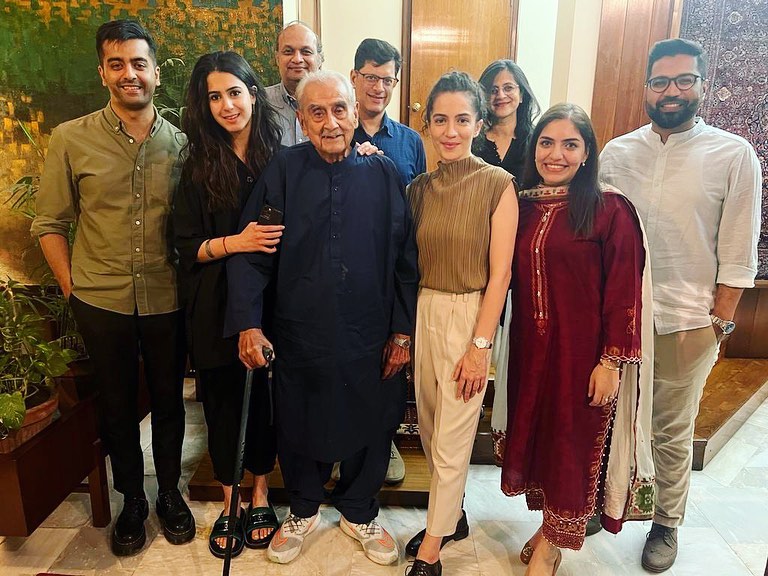
CONTRASTING GLOBAL TYCOONS: IMPACT OVER WEALTH
While Ambanis and Musks chase headlines, Babar Ali’s legacy surpasses them in meaning. LUMS nurtures leaders, not profits; Packages builds industries, not empires. His ventures with Nestlé, Tetra Pak, and Coca-Cola brought global expertise to Pakistan, creating sustainable jobs. Unlike Gates, whose giving often trails wealth, Babar Ali’s philanthropy is intrinsic. An X post by @DooaArif calls his story a “treasure trove of wisdom.” His quiet dedication shames the loud bravado of global moguls, proving true greatness lies in uplifting a nation, not amassing riches.
Syed Babar Ali – INSPIRING FUTURE GENERATIONS
Pakistan’s youth know Musk’s flair and Ambani’s wealth, but Babar Ali’s story remains under-told. Schools must teach his journey, from LUMS to WWF, as a model of service. At 99 in 2025, he works five days a week, embodying dedication. His vision for a merit-based Pakistan counters cronyism seen elsewhere. Consequently, amplifying his legacy ensures his institutions inspire thousands. Babar Ali’s life teaches that impact can be quiet yet profound, shaping Pakistan’s future with values of integrity and progress.
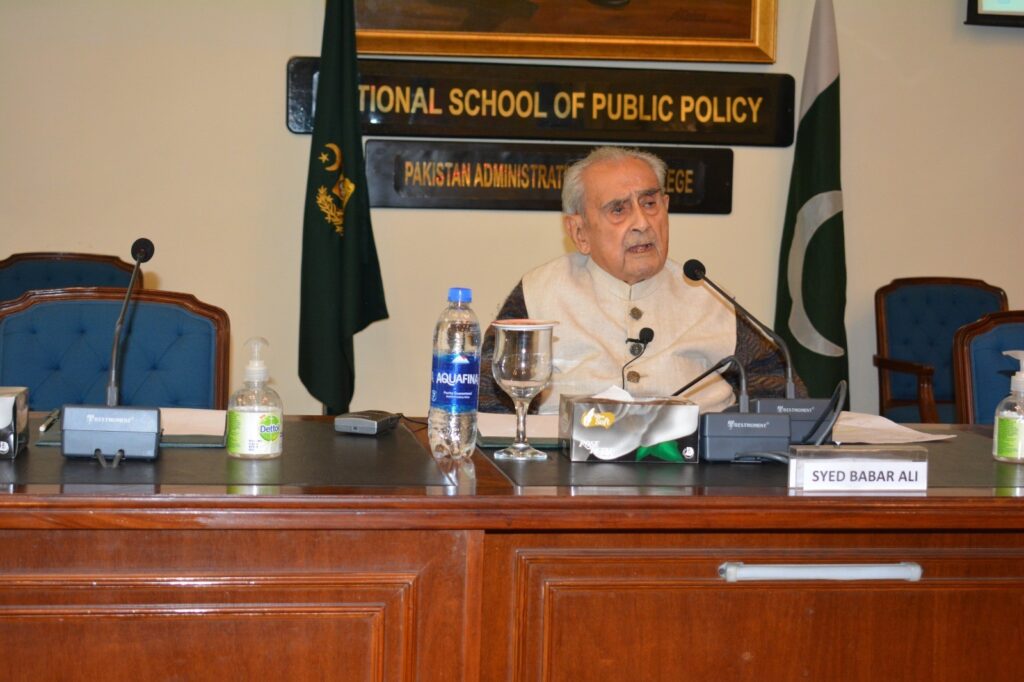
SUMMARY
Syed Babar Ali, Pakistan’s visionary, founded LUMS, Packages Limited, and Tetra Pak Pakistan, fostering education and self-reliance. His philanthropy through the Babar Ali Foundation and WWF leadership outshines tycoons like Tata and Ambani. At 99, his legacy of integrity inspires Pakistan to value impact over wealth, redefining national progress.


